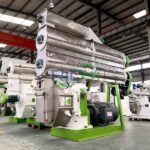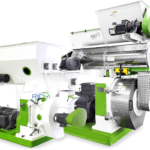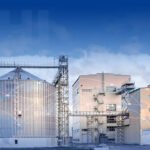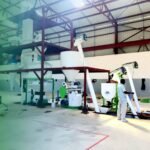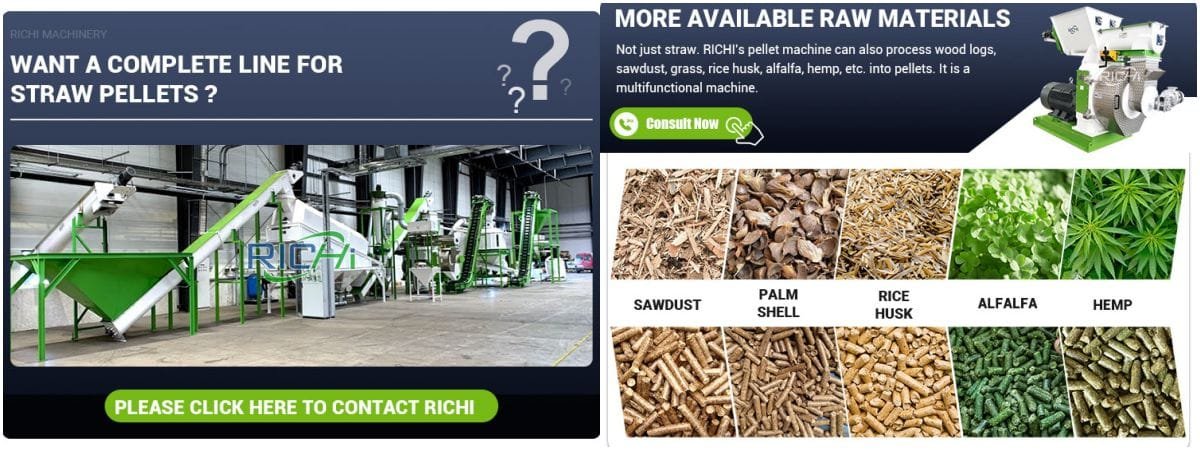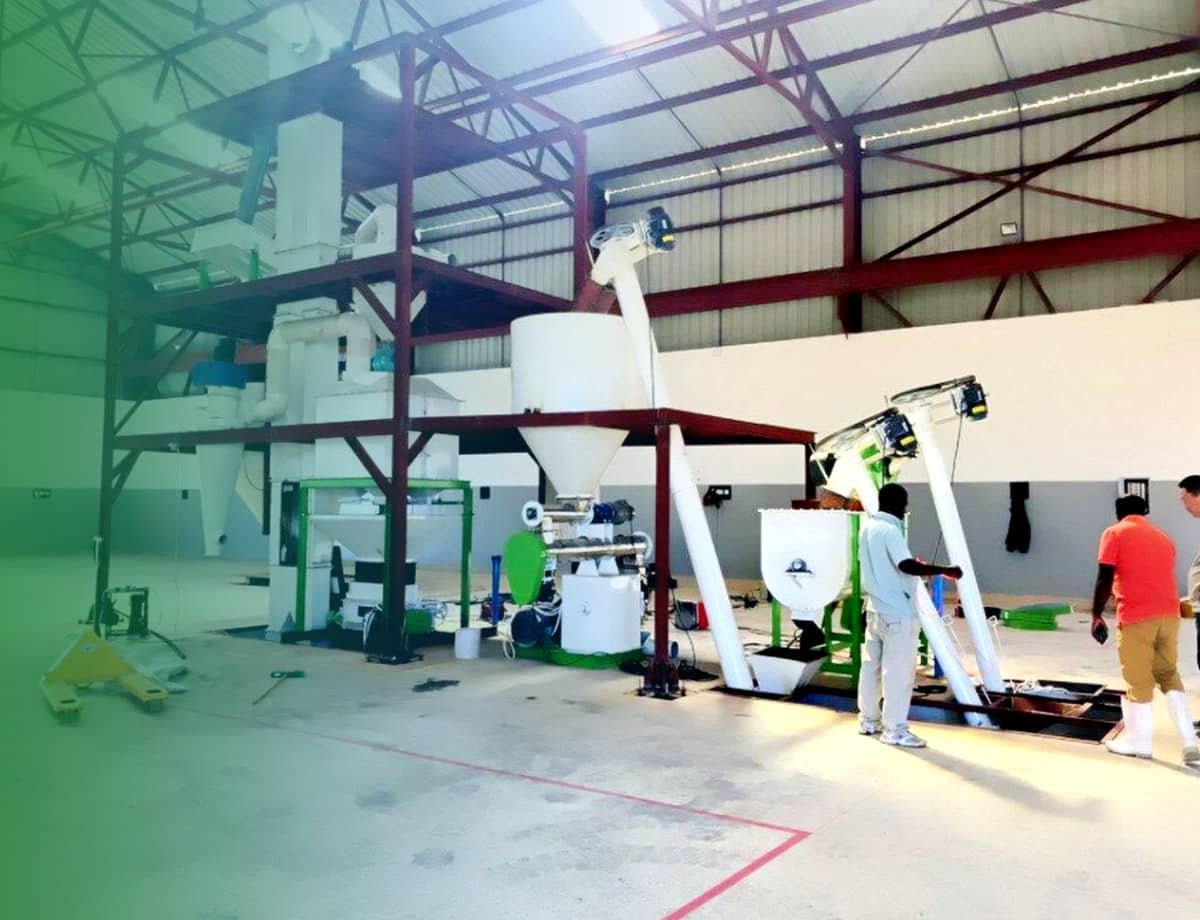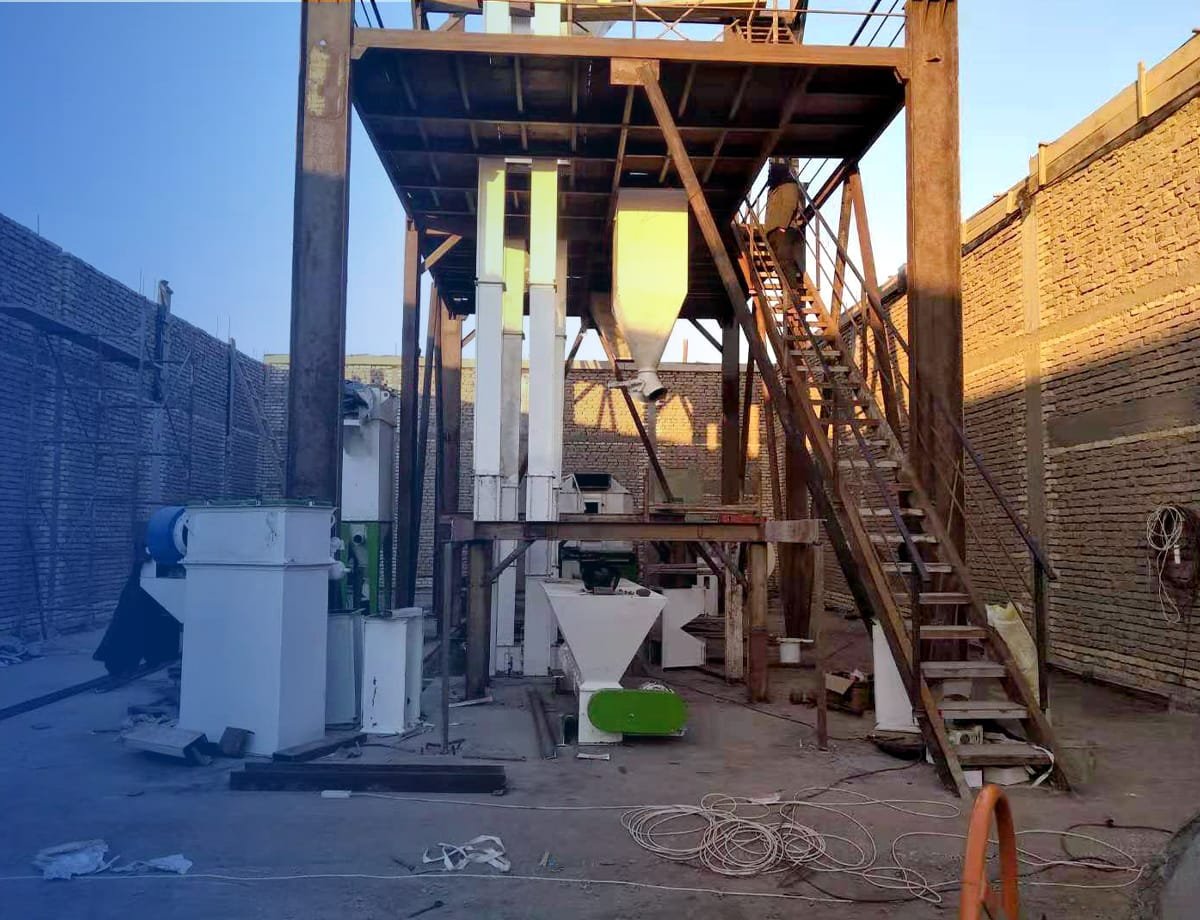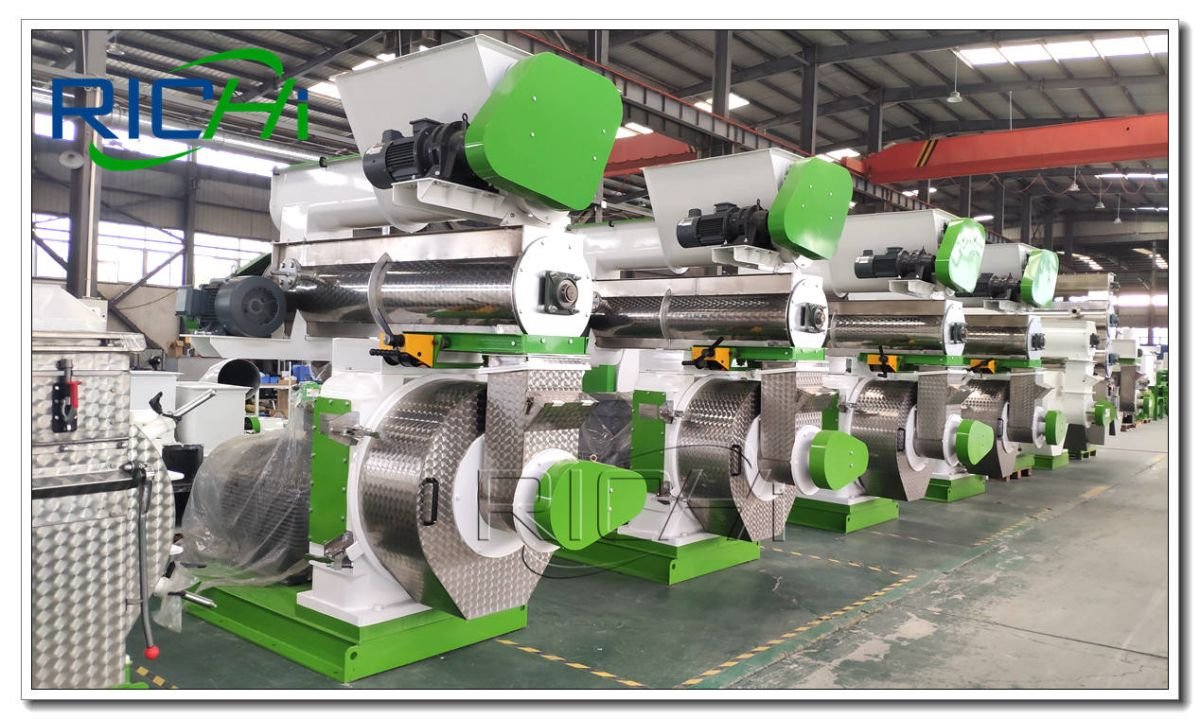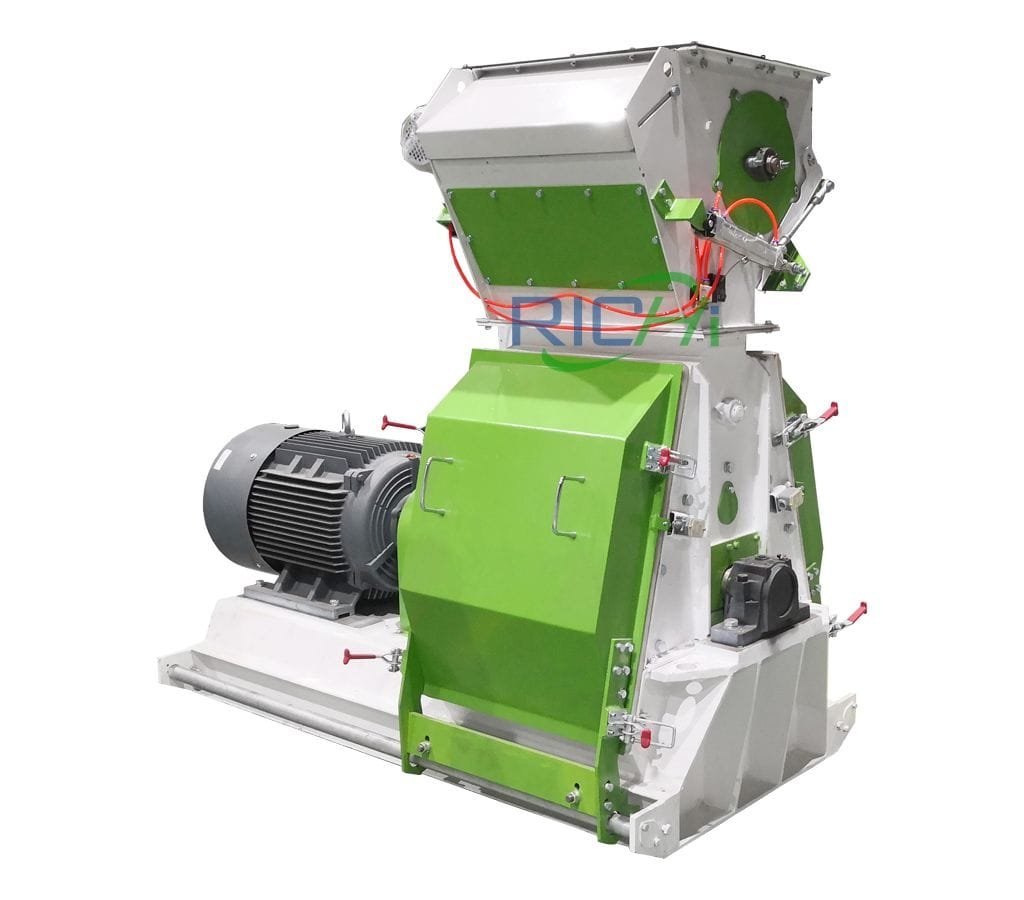The production of straw pellets is an expanding industry driven by the global shift toward renewable energy and sustainable agricultural practices. A straw pellet production line capable of processing 2-3 tons per hour (t/h) represents a substantial investment that requires significant technical support for installation, operation, and maintenance. The level and nature of this technical support can vary considerably across different countries, influenced by local market demand and other factors. This article examines how technical support for straw pellet production lines varies with market demand in various countries.
Key Factors Affecting Technical Support
- Local Expertise and Skill Level
- Countries with a well-established biomass sector often possess a higher level of local expertise and skilled labor.
- The availability of trained technicians and engineers greatly affects the ease of installation and ongoing maintenance.
- Access to Equipment and Spare Parts
- Proximity to equipment manufacturers and suppliers ensures quicker access to essential machinery and spare parts.
- Countries with local manufacturing capabilities generally provide better support due to shorter supply chains.
- Government and Industry Support
- Government initiatives and industry associations play a vital role in providing technical training and support.
- Policies that promote renewable energy can result in better infrastructure and support systems for straw pellet production.
- Infrastructure and Logistics
- Well-developed infrastructure, including transportation and communication networks, facilitates better technical support.
- Efficient logistics ensure the timely delivery of equipment and parts, minimizing downtime.
- Regulatory Environment
- Stringent regulations may necessitate higher levels of technical support to ensure compliance.
- Countries with clear and supportive regulatory frameworks can offer better guidance and assistance.
Related post: biomass pellet manufacturing plant
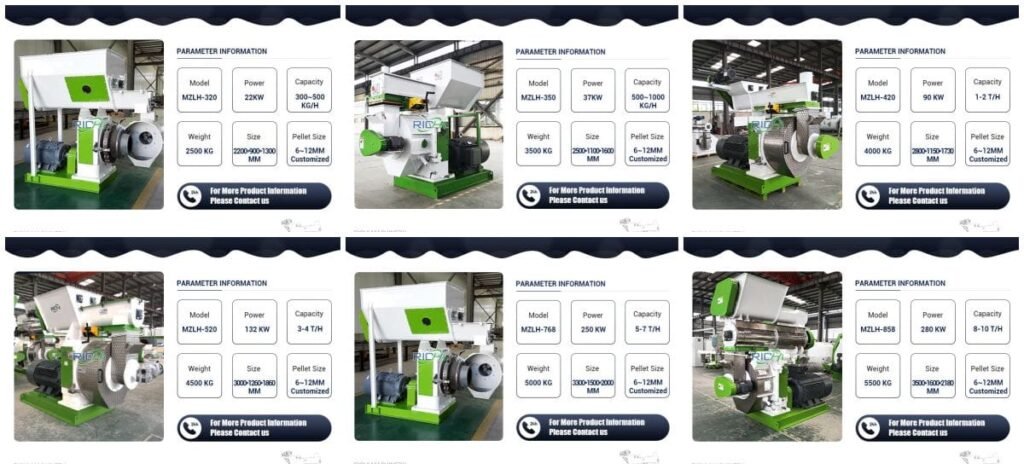
Regional Analysis of Technical Support
Europe
- High Level of Technical Support
Key Factors: Established biomass industry, strong government backing, and advanced infrastructure.
Example: Germany and Sweden have extensive technical expertise and support networks due to their long history in biomass processing and renewable energy initiatives.
Market Insight: Germany hosts numerous equipment manufacturers and a well-developed supply chain that ensures quick access to machinery and spare parts. Government programs provide technical training and support.
North America
- Moderate to High Level of Technical Support
Key Factors: Advanced technology, skilled labor force, and supportive government policies.
Example: The United States and Canada benefit from strong technical support due to their developed biomass industries and focus on renewable energy.
Market Insight: In the U.S., states like California and New York have a high concentration of biomass production facilities, creating a robust network of technical support and expertise.
Asia
- Growing Level of Technical Support
Key Factors: Rapid industrialization, increasing government support, and improving infrastructure.
Example: China and India are building strong technical support systems driven by their expanding renewable energy sectors.
Market Insight: In China, the government’s focus on renewable energy has led to the establishment of numerous technical training programs and support centers. Local manufacturing of equipment enhances the availability of technical support.
Latin America
- Moderate Level of Technical Support
Key Factors: Abundant raw materials, emerging renewable energy policies, and improving infrastructure.
Example: Brazil and Chile are developing technical support systems to bolster their growing biomass industries.
Market Insight: In Brazil, a robust agricultural sector provides a foundation for developing technical expertise in straw pellet production. Government initiatives promote technical training and support.
Africa
- Emerging Level of Technical Support
Key Factors: Abundant biomass resources, increasing energy needs, and growing awareness of renewable energy.
Example: South Africa and Kenya are starting to establish technical support systems for straw pellet production.
Market Insight: In South Africa, government programs are being developed to provide technical training and support for renewable energy projects, including straw pellet production.
Australia
- Moderate Level of Technical Support
Key Factors: High energy prices, environmental concerns, and government incentives for renewable energy.
Example: Australia’s commitment to reducing carbon emissions is driving the development of technical support systems for straw pellet production.
Market Insight: The high cost of traditional energy sources and government incentives foster the growth of technical expertise in the renewable energy sector.
Detailed Assessment of Technical Support
- Europe
- Germany: High technical support level due to a well-established biomass industry and strong government initiatives. Numerous equipment manufacturers ensure quick access to machinery and parts.
- Sweden: Extensive technical expertise and support networks driven by a long history in biomass processing and renewable energy.
- North America
- United States: Strong technical support in states with a high concentration of biomass production facilities. Advanced technology and a skilled labor force provide robust support.
- Canada: Similar to the U.S., with a focus on renewable energy and a developed biomass industry.
- Asia
- China: Growing technical support driven by government initiatives and local manufacturing of equipment. Numerous training programs and support centers are being established.
- India: Developing technical support systems with government backing and improving infrastructure.
- Latin America
- Brazil: Moderate technical support rooted in the agricultural sector. Government initiatives promote technical training and support.
- Chile: Emerging technical support driven by renewable energy policies and improving infrastructure.
- Africa
- South Africa: Emerging technical support with government programs providing training and support for renewable energy projects.
- Kenya: Developing technical support systems with growing awareness of renewable energy.
- Australia
- Australia: Moderate technical support driven by high energy prices and government incentives. Developing expertise in the renewable energy sector.
Conclusion
The technical support for a 2-3 t/h straw pellet production line varies significantly across countries, influenced by factors such as local expertise, access to equipment and spare parts, government and industry support, infrastructure, and regulatory environments. Europe and North America generally offer the highest levels of technical support due to their established biomass industries, advanced technologies, and strong government backing. Meanwhile, Asia, particularly China and India, is rapidly developing its technical support systems driven by industrialization and governmental initiatives. Latin America, Africa, and Australia are also building their technical support networks, bolstered by abundant raw materials and increasing awareness of renewable energy.
Investors and operators should carefully evaluate these factors when planning to establish a straw pellet production line. By understanding the specific technical support conditions and leveraging local advantages, businesses can optimize their investments and achieve long-term success in the dynamic global biomass pellet market.


